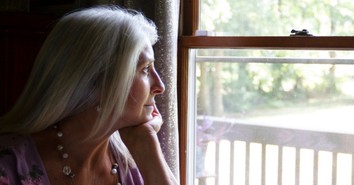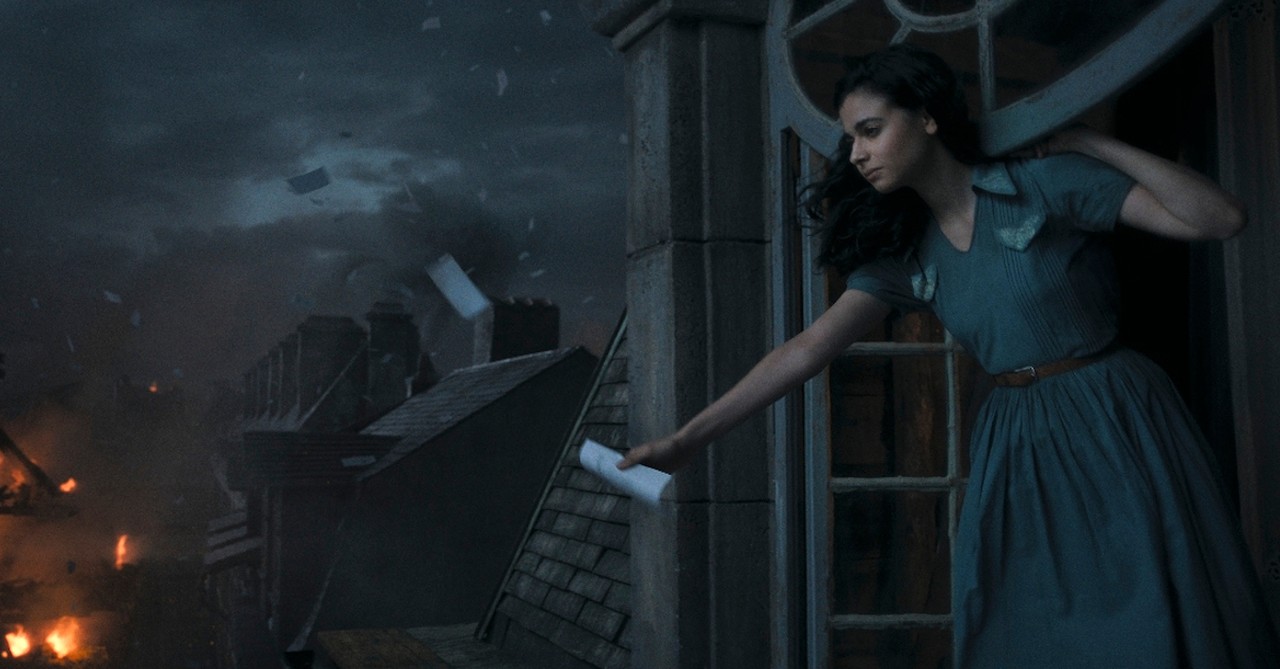
Marie is a young, courageous woman living alone in Nazi-occupied St. Malo, France, toward the end of World War II, and who is ready to die for doing what's right.
She's also blind. Her father walked out of the house more than a year ago and never came back. Her uncle did the same a few days ago and has yet to return.
So Marie does what does best: She sits in front of her radio microphone, speaks confidently into it, and broadcasts a signal throughout the land, pleading for her father and her uncle to return. Once done, she provides entertainment for her audience by reading Jules Verne's Twenty Thousand Leagues Under the Sea, using a braille book that was a gift.
Of course, her broadcasts are illegal under Hitler's strict rules, but Marie doesn't care. Airraide bombs are destroying the city. Marie could die any second. Besides -- she figures -- her country needs her broadcasts. Will she survive?
The new Netflix four-part series All the Light We Cannot See (TV-MA) follows the story of Marie, her family, and the Nazis who are trying to find her.
Here are three things you should know about it:
Photo credit: ©Netflix; used with permission.
1. It's Based on a Pulitzer-Winning Bestseller
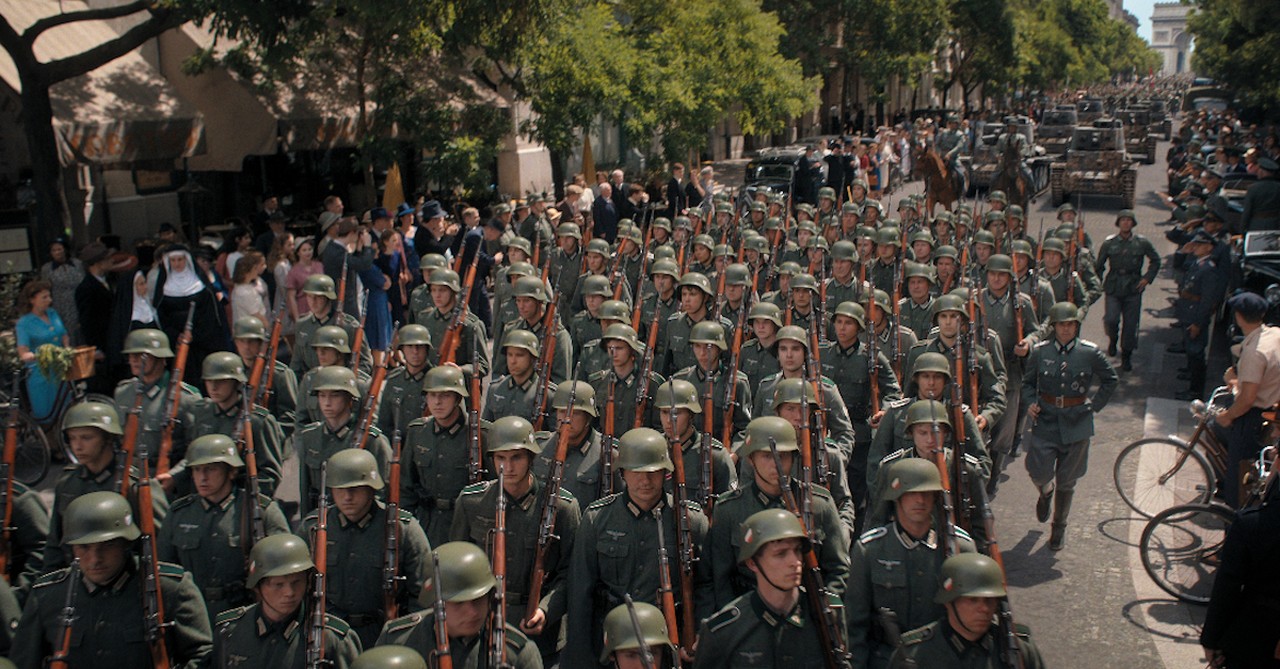
1. It's Based on a Pulitzer-Winning Bestseller
SLIDE 1 OF 3
The film is based on a Pulitzer Prize-winning book by Anthony Doerr that was released in 2014 and stayed on The New York Times bestseller list for more than 200 weeks, selling more than 15 million copies. It won the 2015 Pulitzer Prize for fiction. Although it's not a true story, it explores two very real questions from history. Doerr said: "How did the Reich use radio to hammer a warped nationalism into the minds of Germany's poor? And how did brave souls use radio to resist German occupation, not just in…France but throughout Europe?"
In the movie and the book, we learn of the childhood backgrounds of both Marie and her German counterpart, Werner, who is occupying her city and falls in love with her voice. Werner works for Nazi radio surveillance but wants to protect Marie by not disclosing her location.
Doerr said he wanted to tell a story "about how a promising boy got sucked into the Hitler Youth and made bad decisions that led to terrible, unforgivable consequences, yet still render him an empathetic character." Doerr weaved that story with the "narrative of a disabled girl who in so many ways was more capable than the adults around her."
The background to the story: A maniacal Nazi leader who is searching for Marie, wanting to kill her.
Photo credit: ©Netflix; used with permission.
2. It's about Light, Dark, and the Unseen World
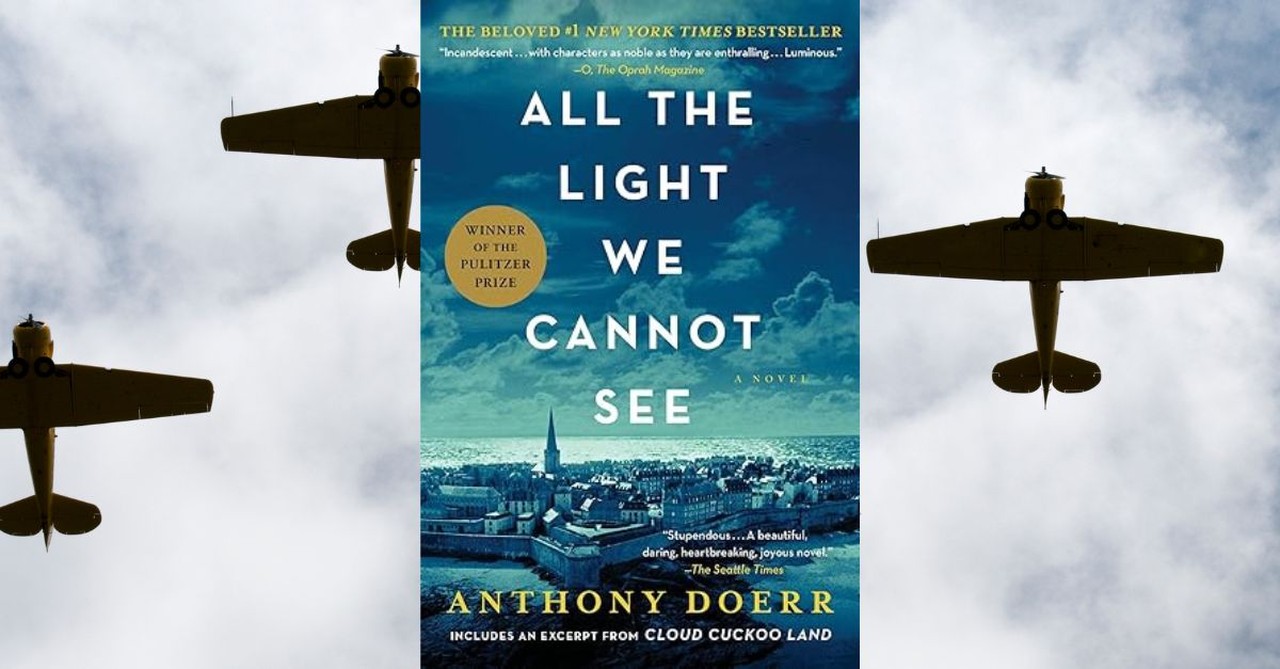
2. It's about Light, Dark, and the Unseen World
SLIDE 2 OF 3
Wars are largely fought in the physical world, with armies and guns, planes and bombs. Yet in All the Light We Cannot See, the war is being fought in the invisible realm, with radio waves sailing across hundreds of miles of landscape as they penetrate buildings and houses, unseen by the human eye.
In a flashback scene, we watch a young Werner discover the wonders of radio as he sits outside at night, marveling that he can hear voices from three countries: Vienna (Austria), Dresden (Germany), and London (United Kingdom).
"I have found the whole world!" he tells his sister.
The film transports us back to a time when listening to the voices of people hundreds of miles away -- and even talking to the people behind those voices -- seemed magical. Doerr told NPR he got the idea for the book in 2004 while riding a train and watching as a passenger became angry when his cell phone call dropped. "And I just remember thinking, what he's forgetting — really what we're all forgetting all the time — is that this is a miracle," he said of the technology behind cell phones.
Of course, there is a spiritual angle here, too. The book briefly references this when Doerr writes of the radio waves, "Is it so hard to believe that souls might also travel these paths? … That great shuttles of souls might fly about, faded but audible if you listen closely enough?" As Bishop Robert Barron said on his Word on Fire podcast about the book, the invisible world is "far more powerful, far more fascinating" than the visible. It's a world inhabited by souls and angels and the Creator of the universe. In the words of the Apostle Paul, the "things that are unseen" are … eternal" (2 Corinthians 4:18).
Photo credit: ©Amazon; used with permission
3. It's about Family and Love
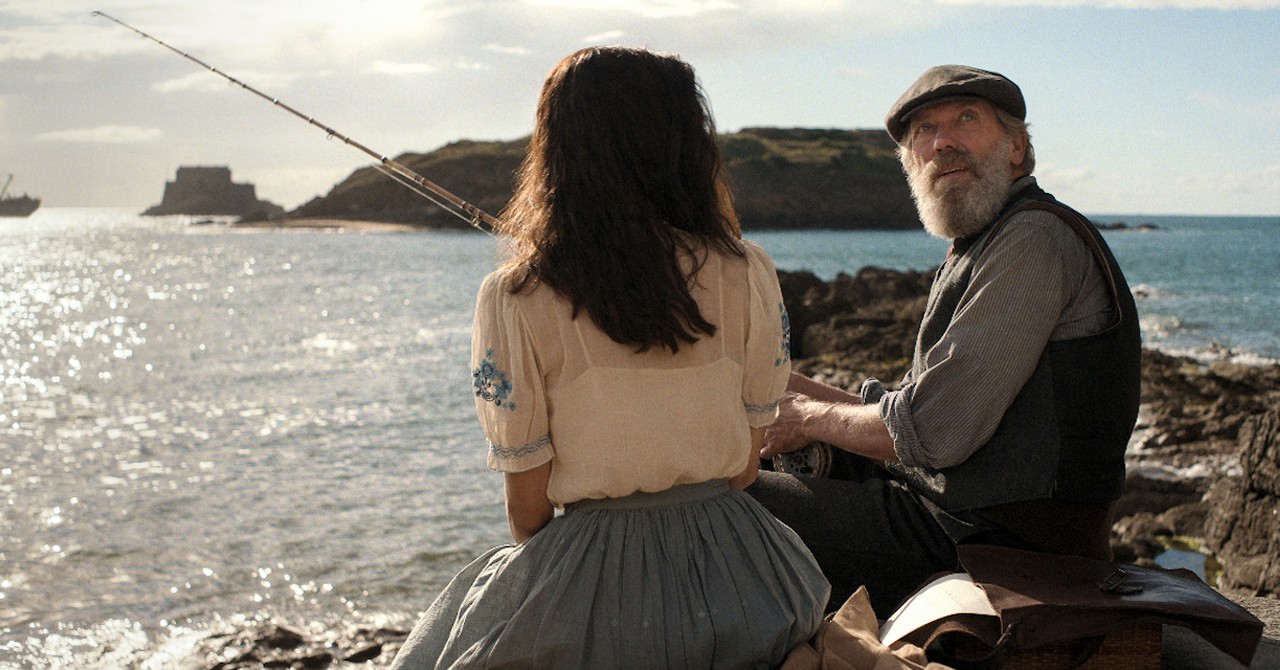
3. It's about Family and Love
SLIDE 3 OF 3
The series provides one of the most heartwarming depictions of a father-daughter relationship in recent TV history. Via a flashback, we watch as an elementary school-aged Marie laughs and plays with her father, who is doing his best to help her navigate their home city, Paris, as a blind girl.
To help her memorize the city's many streets, he builds a toy-sized replica of their neighborhood, complete with dozens of wooden replicas of shops, houses, and churches. Presumably, his tutelage of her in their new home city has helped her survive alone as long as she has.
Later in life, as an adult, she glides her hand across the toy-sized model whenever she wants to remember those precious moments.
All the Light We Cannot See contains plenty of family-centric themes, even if it's not kid-friendly. The first episode, which Crosswalk screened, contains a handful of strong expletives, including three f-bombs. It also includes war-time violence. (ClearPlay offers a filter for subscribers.)
Minus those few caveats, All the Light We Cannot See is one of the best new series on TV. The cast is marvelous. The story is gripping. The cliffhangers make you want to keep watching. The lessons about life are the icing on the cake.
All the Light We Cannot See is rated TV-MA.
Entertainment rating: 4 out of 5 stars.
Family-friendly rating: 3 out of 5 stars.
Photo credit: ©Netflix; used with permission.
Michael Foust has covered the intersection of faith and news for 20 years. His stories have appeared in Baptist Press, Christianity Today, The Christian Post, the Leaf-Chronicle, the Toronto Star and the Knoxville News-Sentinel.
Listen to Michael's Podcast! He is the host of Crosswalk Talk, a podcast where he talks with Christian movie stars, musicians, directors, and more. Hear how famous Christian figures keep their faith a priority in Hollywood and discover the best Christian movies, books, television, and other entertainment. You can find Crosswalk Talk on LifeAudio.com, or subscribe on Apple or Spotify so you never miss an interview that will be sure to encourage your faith.
Originally published November 07, 2023.



